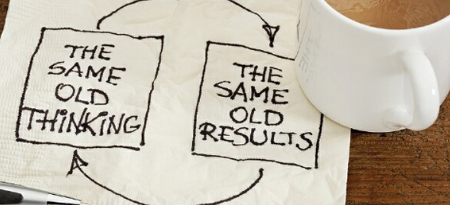The Power of Validation
Posted by Collaborative Counseling

Validation is a powerful tool that can be implemented in almost every relationship we have. According to Karyn Hall, PhD: “Validation is the recognition and acceptance of another person’s thoughts, feelings, sensations, and behaviors as understandable. Self-validation is the recognition and acceptance of your own thoughts, feelings, sensations and behaviors as understandable.”
Why Do We Need Validation?
Validation is important for us to feel accepted by others. As most of us can attest to, feeling like you belong and matter is an important part of feeling good about yourself. When we validate others, it brings us closer and strengthens the relationship. Additionally, validation helps us to build understanding with others and aids in effective communication. Validation also helps people feel important and cared for. This is especially true for kids who need validation to feel connected to their parents, express emotions and to develop a secure sense of self.
Levels of Validation
Marsha Linehan, PhD, has identified six different levels of validation and some tips on how to implement them.
- Being Present: giving your complete attention to the person struggling in a non-judgmental way
- Accurate Reflection: Summarize what the person has said, try to really understand and not judge the person’s experience
- Reading someone’s behavior and guessing what they may be thinking or feeling: pay attention to the person’s emotional state and label their emotion or infer how they may be feeling. Be sure to check in with the person to make sure your guess is accurate!
- Understanding someone’s behavior in terms of their history and biology: think about how someone’s past experiences may be affecting how they are feeling now, in this moment or situation.
- Normalizing or recognizing emotional reactions that anyone would have: recognize that many people may feel the way that you or the other person is feeling in a given situation and let them know that it’s okay to feel this way as many people do.
- Radical genuineness: this happens when you are able to understand how someone is feeling on a deeper, personal level. Perhaps, you have had a similar experience. Sharing that with the other person can help to validate their feelings and reactions.
Putting Words Into Action
Learning to validate others can be easier said than done. However, being more conscience of how our words affect others and even implementing the first few levels of validation can make a big difference in our relationships and interactions with others. An essential tenant of the therapeutic relationship is validation. It is important to know that we must first be able to validate ourselves before being able to validate others. Therapy can help you to achieve self-validation skills as well as learning skills to validate others. For more information about our clinicians and how they can help, visit: https://www.collaborativemn.com/meet-our-team.
Read More
 View Our Locations
View Our Locations Request Appointment
Request Appointment
